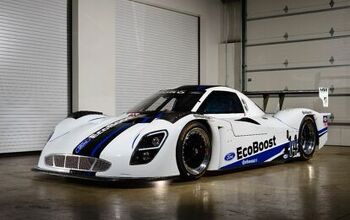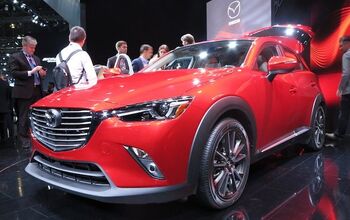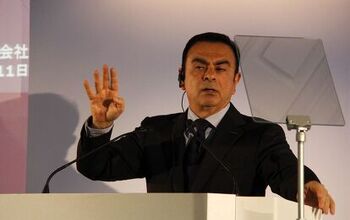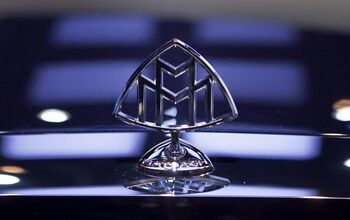2 Views
While You Were Sleeping: January 27th, 2015
by
Derek Kreindler
(IC: employee)
Published: January 27th, 2015
Share
Japan will continue to be a closed market…depending on who you believe. A new quota on U.S. imported cars was struck down as part of trade negotiations with Japan. In exchange, Japan will buy more American rice.
Derek Kreindler
More by Derek Kreindler
Published January 27th, 2015 11:14 AM


































Comments
Join the conversation
I do know some of the countries, including Australia in the link regarding the Trans Pacific trade agreement have already made FTA's with the Japanese. There is more to the story regarding the US's stance in relation to the FTA. The US has traditionally had the upper hand in most trade negotiations. This is not the case with the Japanese. In our free trade deal with the Japanese I do know the rates of tariffs isn't equal between the two countries. The Japanese do have higher tariffs than we place on Japanese imports, all imports, agri, motor vehicles, consumer goods, etc. But, in our case unlike the US we will not lose out. The reasoning behind this is we don't have tariffs like the Chicken Tax or handouts for farmers like the US and the Japanese have. Australia is in a more liberal economic position to deal. So, any reduction in tariffs (which were halved by the Japanese to Australia in our FTA) will only benefit us at the expense of Japanese exports. So, what countries must realise, if they want FTAs they first must create an economic environment at home first that has a large reduction in subsidized/protected/rebated/handouts etc. The US, Japanese, EU, Korea, etc do have many measures in place that protect a swathe industries. More so than Australia. This is what is needed by countries that want FTAs or FTAs will not be viable as countries attempt to maintain the protection to appease large industrialists, unions, etc. All of the protection offered to industry hurts industries ability to expand and have global trade. So, if the US is not happy with the Japanese why doesn't the US build, Ford, Chev, etc plants in Japan. This is how the Japanese succeeded in the US. Because US vehicles have a poor reputation in Japan and will not sell, this does not include the relative small size of the Japanese market to the US.
I think BAFO, and that Ryan dude, have some sort of schedule/shift arrangement worked out. It must be BAFO's turn to do some USA bashing.
This reminds me of the "Toyota Cavalier" deal made between GM and Toyota. It was an addition to the ongoing campaign in Japan to sell more American cars like Saturn, Dodge, etc. It was a big failure. Remember the rattling Coca Cola bottle found in the door assembly of a Cadillac driven by a major Japanese CEO? The amount of quality and safety modifications (100+ average mods per car) needed made no monetary sense whatsoever. Even the earlier Cadillacs needed heavy modifications like the feel and logic of its buttons and switches to the door hinges. Safety requirements are almost to the point of extreme when compared to our standards. There are safety and operating inspections every 2-3 years. Repairs are mandatory. Times have changed however. Living in Japan, I now see American badges everywhere because quality has improved. If it's a good product, the Japanese will buy, even if it means paying additional tariffs and premiums. I bet they're looking for alternatives to German makes.
1) That's a lovely Corvette in the photo. 2) It may well be clean, but it is not a Camaro despite the URL and filename.